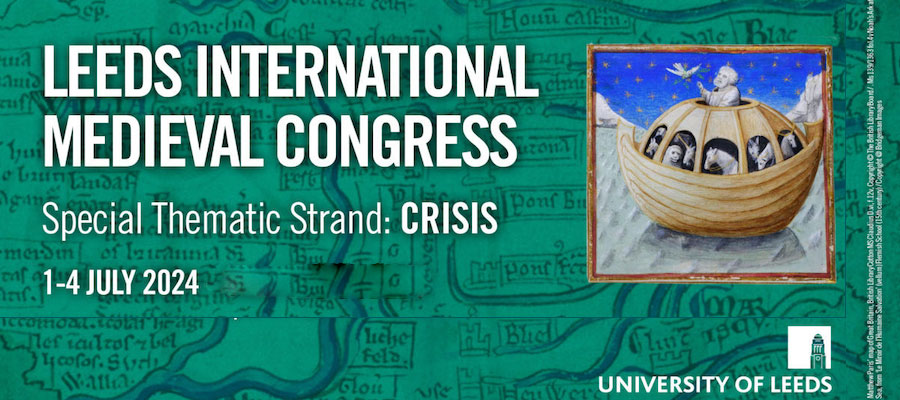Early Medieval Moral Economies, c. 700–c. 1100, panels at the 2024 International Medieval Congress, University of Leeds, July 1–4, 2024
What forces governed the economies of early medieval society? To what degree did market-forces exist in a period when commercial mechanisms seem to have been radically simplified? The terminology of 'moral economy' originated in a very specific context: E.P. Thompson's efforts to analyse the social ligaments of the underprivileged and the poor in response to profiteering market forces (1971) and then by James C. Scott's analysis of Burmese peasant household strategies at the edges of state-orgainsed and profit-driven markers (1976). These historical contexts are far from the early Middle Ages, yet ideas about socially embedded exchange interactions, gifts and tributes, and strategies of risk mitigation are the essence of many analysis of early medieval economic practices. The historiographical fortune of moral economy is one of the widest in existence - comparable, perhaps, in the historiographical debates, to the so-called fall of Rome. The loose bundle of heads traveling as the concept of a 'moral economy' has been used to describe economic decision-making around the good of a community (Decry 2019, Candido da Silva 2014), a bottom-up, peasant-driven view of economic practices (Portass 2022, Faith 2019), and to explain the radical expansion of the properties of the church and the circulation of assets to the church (Fouracre 2021, Wood 2022). The term has been stretched to cover multiple alternatives to political economies and market economies, suggesting that at every social level people acted upon complex principles around exchange, notwithstanding the challenges we face in categorizing them.
This strand of sessions seeks to explore these questions in a comparative framework, noting the differences between early medieval societies across the post-Roman world, across Latin, Greek, and Arabic source bases. We see to develop case-studies of economic-decision making rooted in social contexts - not all economies operated identically of course. We welcome papers which explore the peasantry, the household and local strategies interacting with commerce, and identifying chronological points of change - when political or market forces receded or dominated.
Organizers
Caroline Goodson, University of Cambridge
Marcelo Candido da Silva, Universidade de São Paulo
